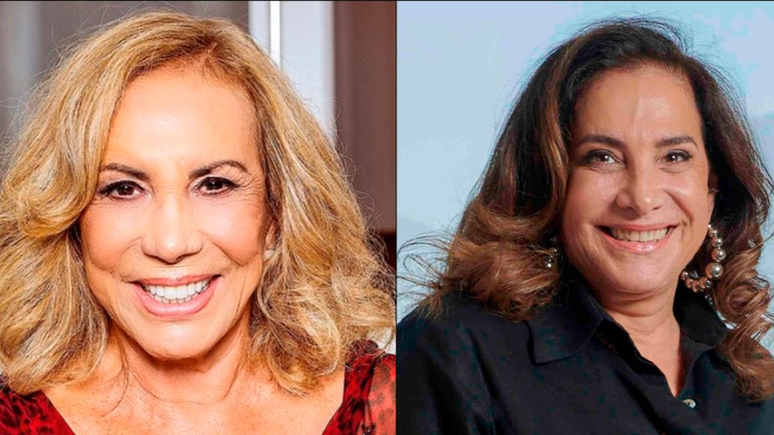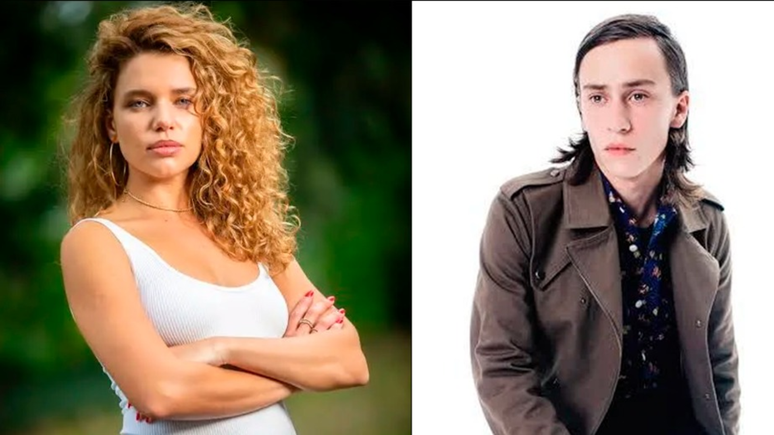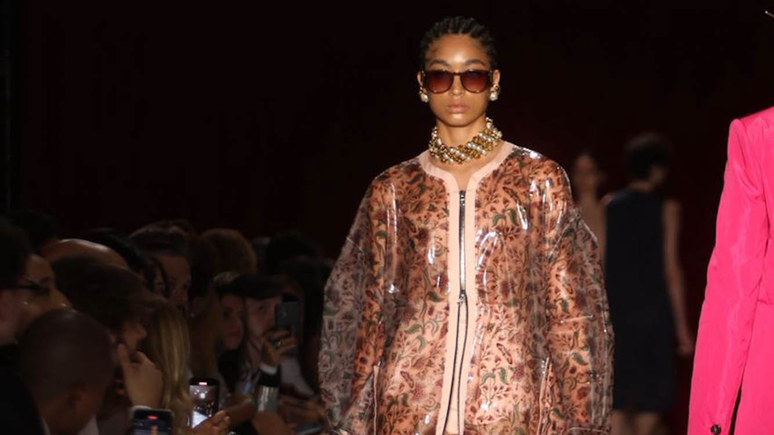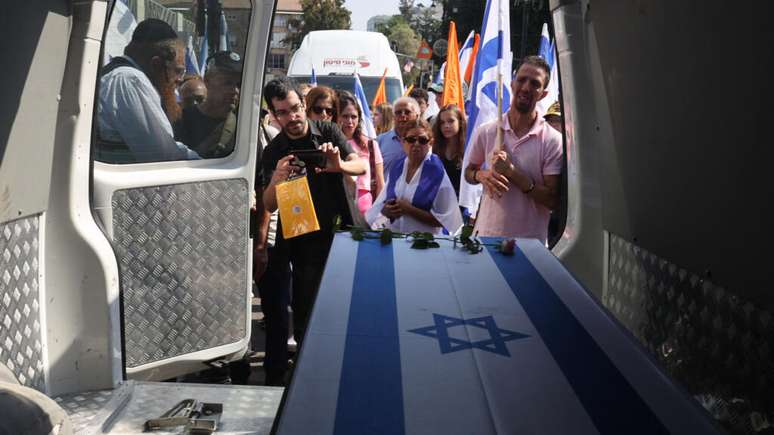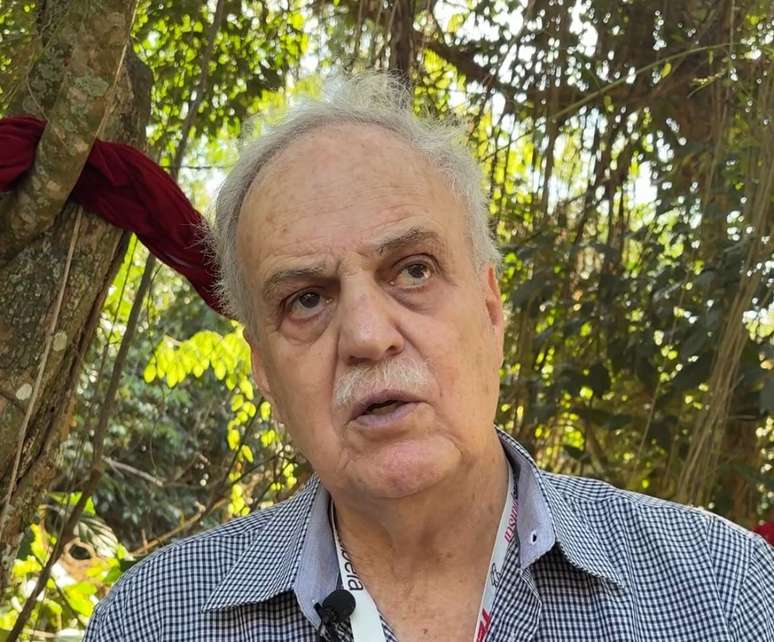Is Brazilian society today welcoming towards adolescent victims?
A few days ago, the country was shocked by the statement of a judge of the Court of Justice of Paraná (TJPR): “It is women who run after men”. As if that were not enough, during the trial the absurd and abject sentence was pronounced on the need for the Court to maintain a precautionary measure against a 12-year-old student for possible sexual harassment by a teacher.
The episode led to the initiation of disciplinary proceedings and the Inspector General of Justice, Minister Luís Felipe Salomão, preliminarily determined the immediate precautionary removal of the judge from the Courtroom: “There is no doubt, so far, that the defendant’s statements reinforce prejudices, biases and gender stereotypes, as if women were creatures dependent on male approval, acceptance and desire,” said Salomão, who also suggested the practice of the crime of institutional violence against the victim.
This type of crime involves subjecting victims, crimes and witnesses to procedures that are useless, invasive, repetitive or that lead them to needlessly relive situations of suffering – re-victimization.
Could this be an isolated case? Or do we still have a lot to evolve as a society and as legal professionals (lawyers, judges, prosecutors, public defenders, prosecutors) in protecting victims of crimes and infractions, especially in cases where the perpetuation of gender stereotypes and stigmatization are involved?
On May 23, the country watched with perplexity, by a majority vote of the Chamber of Deputies, in Brasilia-DF, the refusal to grant urgency to the Statute of Victims (Law 3.890/2020), as the project “offers an undue range of protection to vulnerable groups in our society”. Apparently, for the parliamentarians who voted against the issue, women, the elderly, children and victims of climate disasters do not deserve to be recognized as deserving of protection by the Brazilian State.
Revictimization can occur in judicial proceedings, as can the possible existence of preconceived judgments. Society must therefore intensify its gaze with a gender perspective towards cases in which the crime, or the traumatic situation, is not so evident. Integrating the victim’s perspective in judicial processes is essential to talk about sustainable development.
I ask readers: has the State’s criminal response been proportional to the feelings that today’s society has towards behaviors that harm the full development, including sexual development, of children and adolescents? Is Brazilian society today welcoming towards adolescent victims?
I think the answers to these questions sadly demonstrate how much further we have to go to protect current and future generations.
Celeste Leite dos Santos is the president of the Brazilian Institute for Comprehensive Assistance to Victims (Pro-Vítima); Chief Public Prosecutor at the Public Prosecutor’s Appeals Board (MP) of São Paulo; and creator of the Victim’s Statute, the Sexual Harassment Law and State Project 130/2016 for Full Equality between Men and Women.
Source: Terra
Ben Stock is a lifestyle journalist and author at Gossipify. He writes about topics such as health, wellness, travel, food and home decor. He provides practical advice and inspiration to improve well-being, keeps readers up to date with latest lifestyle news and trends, known for his engaging writing style, in-depth analysis and unique perspectives.


